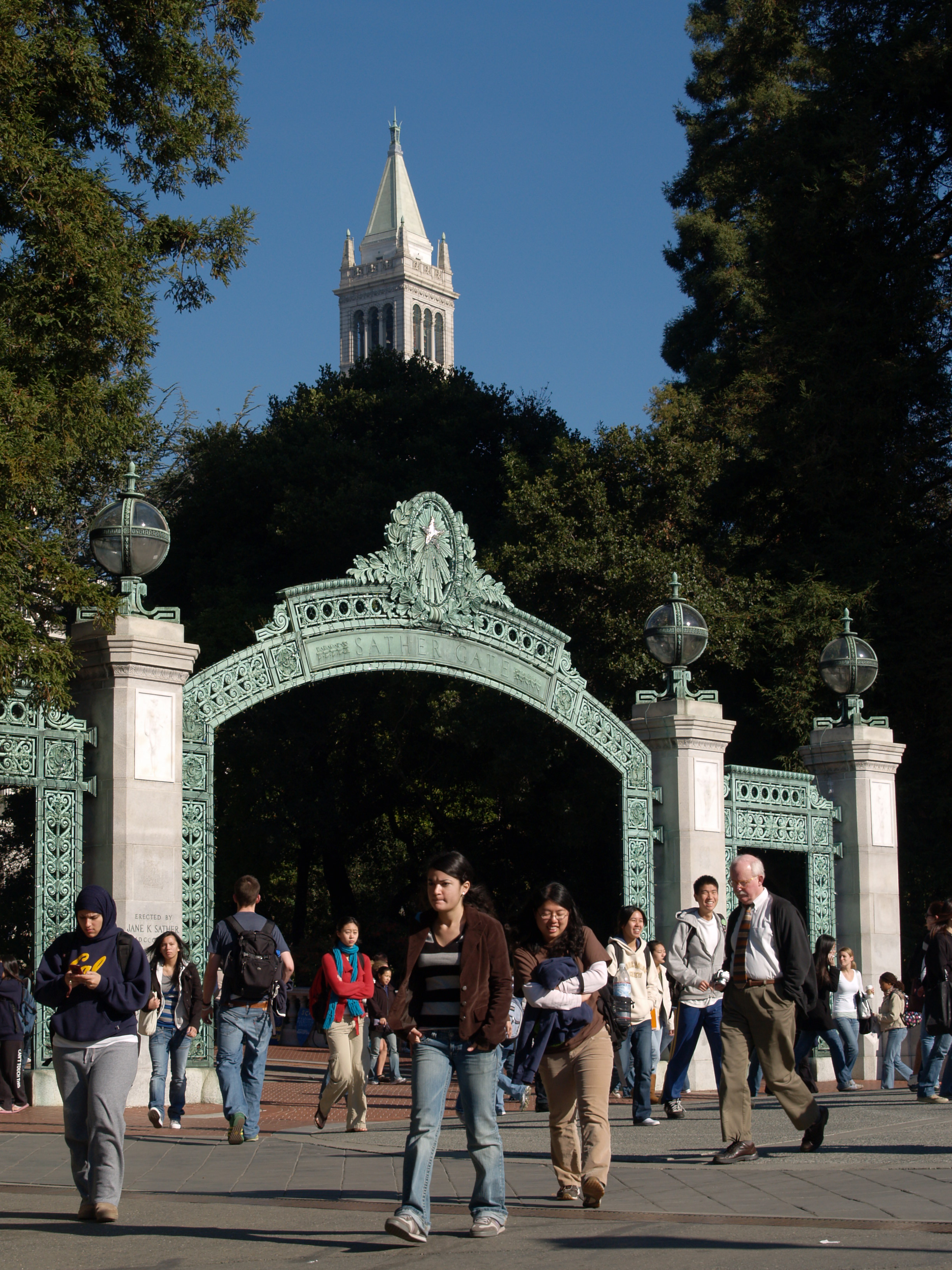
The federal “Justice Department” has just issued a threat that highlights the strange dynamics of two forms of government coercion working against each other.
In this case, the oppositional forces are the federal “Americans with Disabilities Act” (ADA) signed by George HW Bush, and the tax-funded university system of California, specifically, UC Berkeley.
Like similar poles on two magnets, they repel, and show us how hard it is to conform one group’s collectivist impositions to another group’s in the common public sphere.
On August 30, 2016, the DOJ sent a directive, euphemistically called a “Letter,” to the Chancellor’s Office of UC Berkeley. Referencing, get this, “The United States’ Findings Based on its Investigation Under Title II of the Americans With Disabilities Act of the University of California, Berkeley, DJ No.204-11-309,” the Platonic Guardians in DC told the public-dole Educrats in CA that the online class content they offered free to anyone, even those outside California, violated the ADA.
Why?
According to an excellent piece by Robby Scave at Reason.com, two employees of Gallaudet University, a school for deaf people in DC, accessed the free online UC Berkeley material, but they could not comprehend the content of some videos, because they are not captioned.
As a result, if the university does not spend a lot of money captioning the audio and video it makes available free of charge, and, by logical interpolation, creating aural forms of textual content for access to the blind, it will be charged with a violation of the ADA.
According to the DOJ:
The ADA’s nondiscrimination mandate states that no qualified individual with a disability shall, by reason of such disability, be excluded from participation in or be denied the benefits of services, programs, or activities of a public entity, or be subjected to discrimination by a public entity. 42 U.S.C. § 12132; 28 C.F.R. § 35.130(a). The Department is authorized to file a civil action in federal court if the Attorney General finds a violation of the ADA.
42 U.S.C. § 12133; 28 C.F.R. Part 35, Subpart F.
How nice.
So, on one side, we have a state university system that offers free content online. Butm this itself is problematic, because the university is tax-funded. State action forces some citizens to pay for the education of others, to pay for college professors and content with which they might disagree, and to pay for university administrators who then tell taxpayers that the content they might not like will graciously be made available free of charge online. Certainly, many people might find laudable the decision to make university lectures available free online. But this is not universal. The only way to see if people truly approve of the content is to allow them to opt out of paying, and that doesn’t happen when it comes to taxation.
On the other side, we have an unconstitutional federal mandate in the ADA, a mandate about “equal access” predicated on a misreading of the Fourteenth Amendment’s “Equal Protection” clause. As a response to complaints that state governments were not apprehending or prosecuting white criminals involved with the lynchings of black citizens, the “Equal Protection” clause was written to, as one might assume, make sure that states protected all citizens equally. It was not written to allow the federal government to tell state politicians that they must provide services and benefits equally to all citizens. (Though, one must note that even so-called “protection” is actually a service we could buy privately, and thereby get government out of it.)
But, the creative reading of the Fourteenth Amendment used by the proponents of the ADA goes even further than giving the feds the power to force states to offer services equally to everyone. It applies to private institutions as well.
Thanks to the re-working of our language by proponents of the 1964 “Civil Rights Act”, the federal government ordains that any private place of business that opens its doors to “the public” must comply with “public accommodations” mandates, which now include the ADA. So restaurants have gone out of business trying to install federally compliant ramps for wheelchairs, seeing the ramps not meet fed regulations, and then having to do it all over again.
And, not to be outdone, on July 11, 2014, the FCC ordered any Internet Provider offering video content that had originally been broadcast on television to provide closed-captioning of the content by January of this year. Even live telecasts that are later offered by providers must be captioned for the hearing-impaired. But, graciously, the FCC won’t penalize people as long as they do this within their mandatory twelve and eight hour windows:
Distributors will have a grace period of 12 hours after the associated live video programming was shown on television and eight hours after the associated near-live video programming was shown on television before the clip must be captioned online in order to give distributors flexibility to post time-sensitive clips online without delay.
What the DOJ and FCC are telling us is that, regardless of what we as individuals would like to offer, free of charge, and regardless of what state schools would like to offer, free of charge, everyone must comply.
At Berkeley, the Administration is considering shutting down the program, so instead of lots of people outside the university system being able to access “free” content, no one will be able to. It is a troubling example of federal overreach, and should be an issue left up to the taxpayers in California. Perhaps someday, the feds will lay off, but given what the FCC is doing on the private end of the market, that seems as unlikely as the end of taxation.
